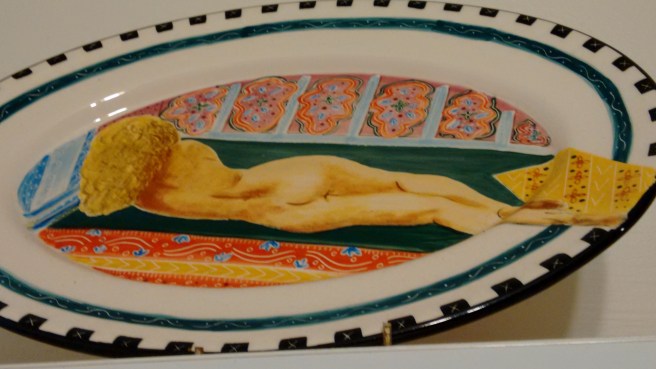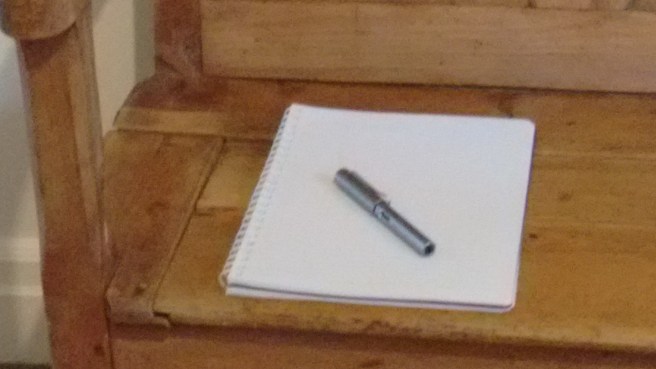
FORTNIGHTLY SHORT STORY
Work-Out by Libby Sommer
first published in Quadrant
You run up the stairs to the gym avoiding the women and men from the previous class rushing down the stairs. Keep to the left. Give your membership card to the girl at the desk and then in through the turnstile. Rummage for the $2 coin in your bag that works the locker. Insert the money, leave the bag, take the towel and the bottle of water and the book to read then up the stairs to the third floor to the exercise bikes all the time hoping there’ll be a reclining bicycle free and not one of those awful uprights that hurt your bum. Sit on the bike read your book, wipe the sweat off your face, drink from the bottle, look out the window to the workers erecting a block of apartments that are gradually blocking the view of the harbour. Warm up for 60 seconds on a low speed, then 20 minutes at a higher speed and a sixty second cool down. Then into the main gym for the body power class. Get a step, four platforms, a rubber mat and a long weights bar. Two large discs, four small discs. Stand up the front so you can see yourself in the mirror and in front of the fan. Fight for this prime position. First the warm up, then legs, lunges, squats, chest, back, shoulders, legs, triceps, biceps, stomach. Bend from the hips. Clean and press. Dead rows. Wipe the sweat from your face, adjust the bar across your shoulders. Knees over toes as you squat. Straight back, stomach in to support the back, shoulders back, head up out of the neck. Concentrate on the music, the instructor speaking, the fan in front of you. Watch yourself in the mirror, the women beside you and behind. Check out how old they are and if their weights are heavier or lighter. Smell the sweat. Swallow the water. A quick stretch between tracks. Calfs, quads, shoulders and back. Lie down on the platform for the chest track. Use your nipples as markers. Down to the markers, up slowly. One, two three up and then slowly down. Vary the rhythm.
Continue reading →





